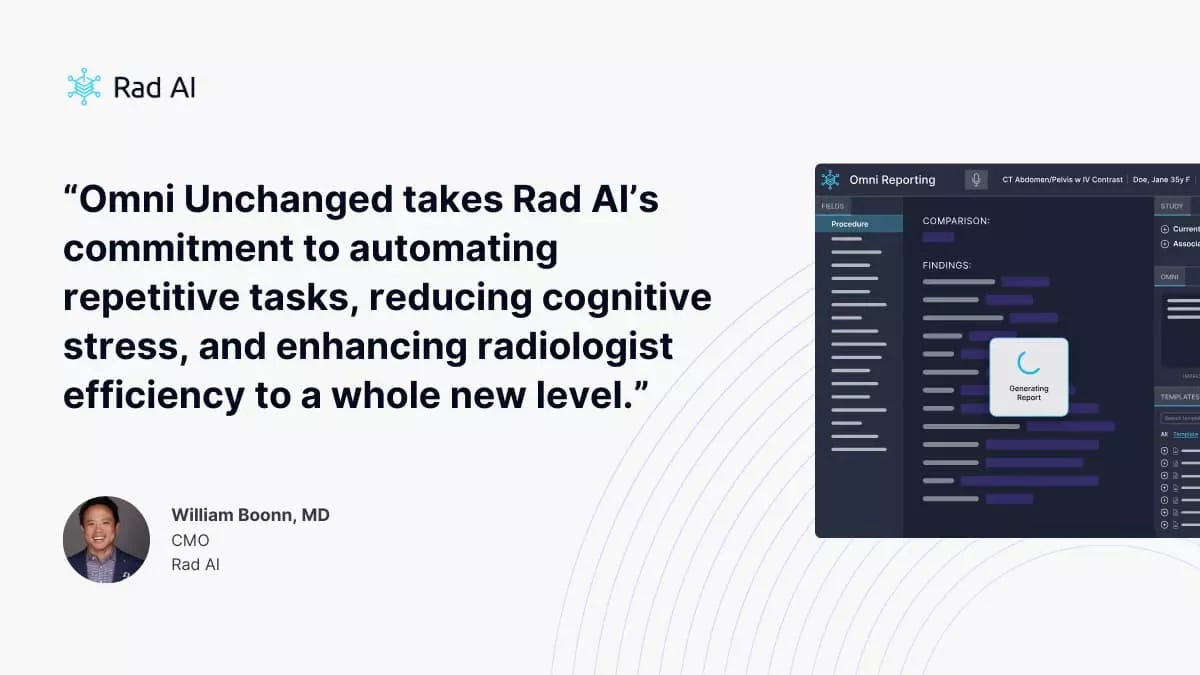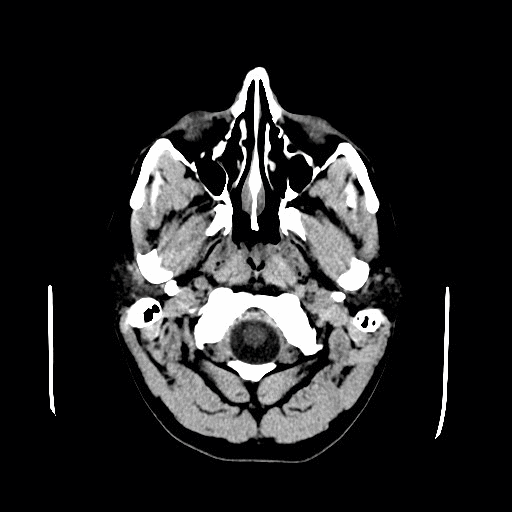The AI Revolution in Radiology: How Google, Elon's Grok, and Rad AI Are Shaping the Future of Medical Imaging
Exploring groundbreaking advancements in radiology and their impact on Canada’s healthcare system.
In the fast-paced world of health tech, the spotlight this week is on AI’s expanding influence in medical imaging and radiology.
We’re seeing major moves from key players like Google Research, Elon Musk’s Grok, and Rad AI as they push the boundaries of what AI can do in healthcare.
Here’s what you need to know:
Musk’s Grok AI: Ambitious, Yet Unpolished
Elon Musk’s latest venture, Grok, an AI chatbot developed to handle X-ray, PET, and MR image analysis, is making waves in the health tech sector. However, despite its potential, Grok currently struggles with accurate diagnoses and modality recognition. These challenges emphasize the complexities involved in refining AI tools for reliable healthcare use. For the Canadian health tech community, Grok is a clear signal that innovation must be paired with rigorous validation to ensure these tools meet the high standards needed for patient care. The lesson? It’s essential to foster collaboration and thorough development before introducing AI into clinical practice.

Google Research’s CT Foundation Tool: Empowering Medical Imaging Innovation
Google Research has rolled out the CT Foundation tool—a game-changer for developing AI models that work with 3D CT scans. This tool processes CT volumes in DICOM (Digital Imaging and Communications in Medicine) format, which is the standard used worldwide for storing and transmitting medical images. By converting CT scans into embedding vectors (compressed numerical representations of complex image data), it becomes easier for machine learning models to analyze the data and learn with fewer input examples. The tool, built with VideoCoCa (Contrastive Captioning Architecture)—an AI model designed for interpreting visual data—was trained on over 500,000 de-identified CT scans, showing impressive classification results.
While this tool is currently available only for research purposes and not for clinical use, the potential for Canada’s medical imaging research is significant. It could accelerate the development of better diagnostic tools, ultimately improving patient outcomes by making imaging analyses more efficient and accurate.
See the CT Foundation’s GitHub here: https://github.com/Google-Health/imaging-research/tree/master/ct-foundation
Read all about the breakthrough here: https://research.google/blog/taking-medical-imaging-embeddings-3d/
Rad AI Comes to Canada: A Win for Radiologists
Rad AI’s recent partnership with MIC Medical Imaging in Alberta marks its first international expansion, bringing its Rad AI Omni Impressions to Canada. This move is more than just an expansion; it signals a crucial step for tech innovation in the Canadian healthcare landscape. By integrating AI-driven automation into radiology practices, Rad AI is setting a precedent for how advanced technologies can be adopted and scaled in Canada’s healthcare system. With this tool, radiologists can automate the generation of detailed reports, improving workflow efficiency and accuracy while easing administrative burdens.

Backed by a $50 million Series B funding round, Rad AI’s partnership is poised to create ripple effects in the Canadian tech sector by showcasing the viability of integrating cutting-edge AI solutions into everyday clinical practice. This sets the stage for further AI adoption and signals to both startups and established players that Canada is ready for more sophisticated, tech-forward approaches to healthcare. By enabling radiologists to focus more on interpreting images and patient interaction, this partnership not only boosts service delivery and patient outcomes but also fosters an environment that encourages continued innovation and investment in Canadian health tech.
Rad AI’s co-founders are: Dr. Jeff Chang and Doktor Gurson
Why This Matters
These developments highlight that innovation and strategic collaboration are essential to transforming healthcare. Google’s CT Foundation tool, Musk’s Grok, and Rad AI’s expansion show us the direction AI is taking in healthcare: more efficient, more accurate, and poised to redefine medical imaging and diagnostics. For those invested in Canadian health tech, these advancements present both an opportunity and a challenge—to ensure these tools are implemented effectively and ethically for patient care.
Read Our First Article & Share Your Ideas
If you missed it, be sure to check out our first article here, where we covered key why we started our Canadian Health Tech newsletter.
We’d also love to hear from you! What topics would you like us to explore next? Reply to this email or leave a comment with your suggestions – we’re always looking to provide valuable insights based on what matters to you.
We’ll continue to keep you informed about the latest developments and their impact on healthcare and tech in Canada. Stay tuned for more updates, and feel free to share your thoughts or questions with us!






